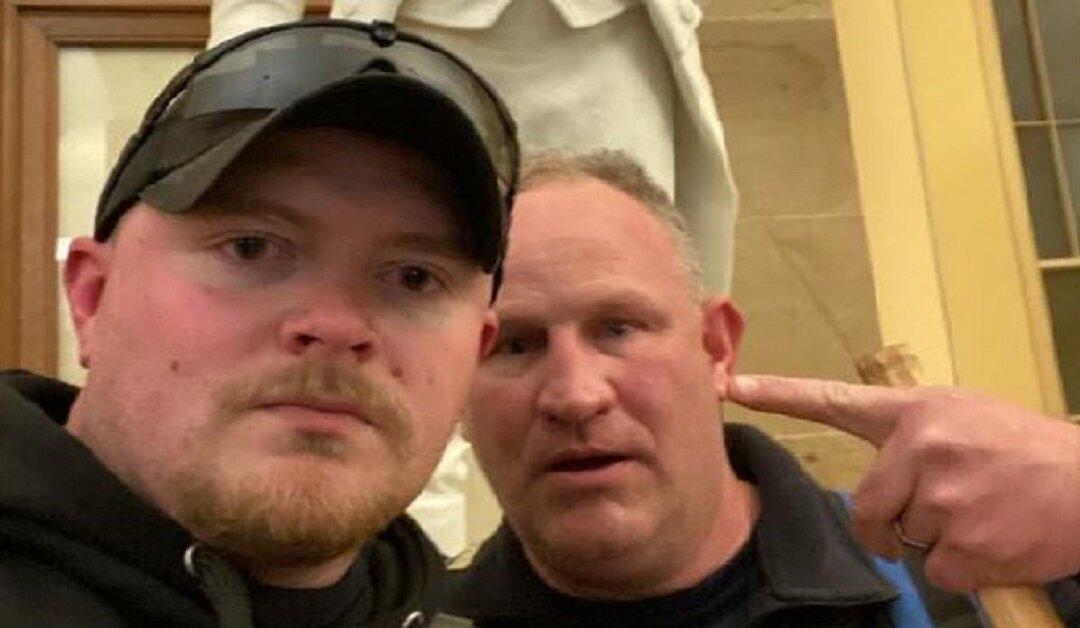News Analysis
Donald Trump doesn’t know Thomas Robertson. But the former president’s fate appears inextricably tied to that of the former Army Ranger, who was convicted last year for his involvement in the Jan. 6, 2021 protest at the U.S. Capitol.

Donald Trump doesn’t know Thomas Robertson. But the former president’s fate appears inextricably tied to that of the former Army Ranger, who was convicted last year for his involvement in the Jan. 6, 2021 protest at the U.S. Capitol.